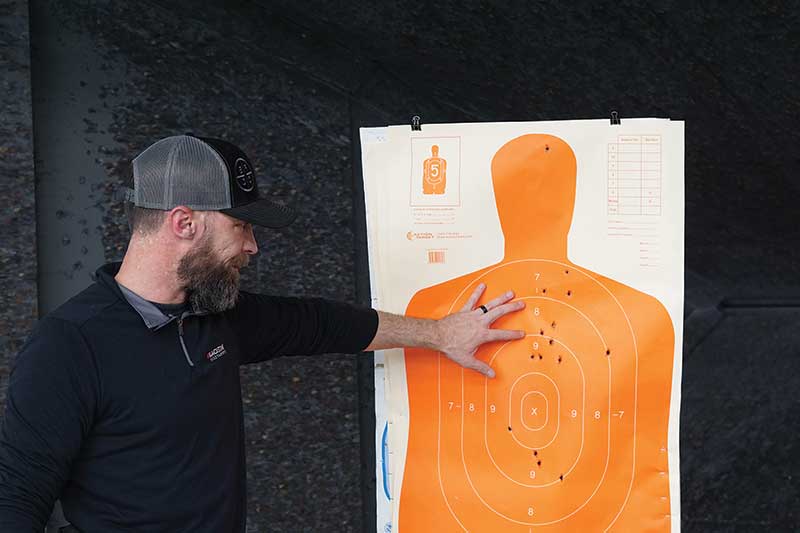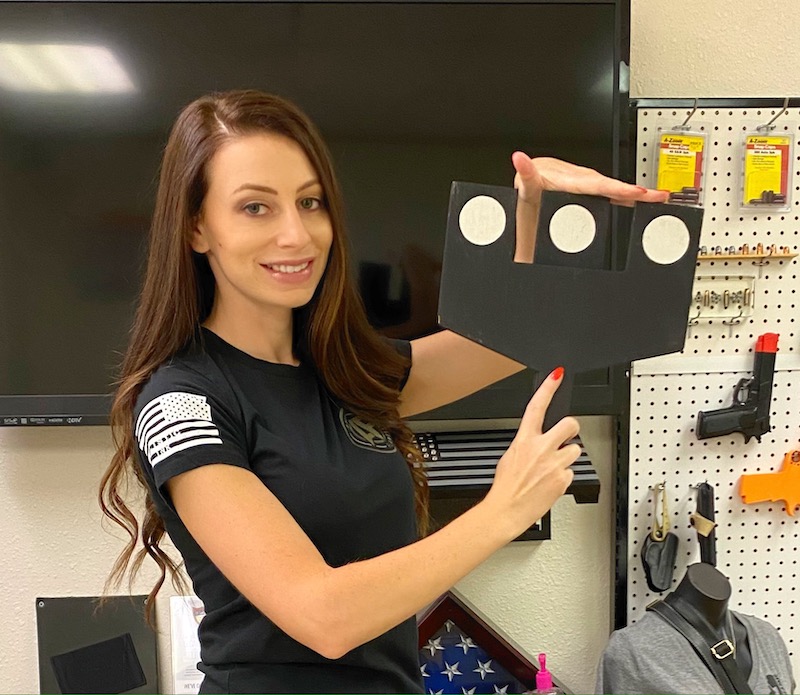Virtual Venues
In the wake of the COVID-19 pandemic, face-to-face communication has been replaced by video conferencing — and tech-savvy business owners are adapting to this “new normal” and broadening their reach.
Ava Flanell, owner of Elite Firearms & Training in Colorado Springs, Colo., described how her operation made an early pivot to offer virtual training.
“There are a ton of new gun owners, some who were even anti-gun previously, with no knowledge or experience,” she said. “It’s why I started offering virtual classes nationwide. Interacting with students in person is always preferred, but it wasn’t an option. I didn’t want there to be zero resources for people who had no idea what they were doing — that’s when accidents happen, which no one wants.”
As Flanell noted, this pandemic opened up the possibility for her to engage with first-time gun owners across the country. She’s even had a couple instructors sign up for classes to see concepts demonstrated from a female’s point of view.
“People tend to think virtual classes are less personable, but I think it depends on the teacher. I get to know every student in the group and I encourage conversations so it feels more like a classroom setting,” she said.
The virtual venue is not without its limits, however.
“The most challenging aspect of virtual training has been the hands-on portion,” Flanell continued. “Nothing can replace hands-on training. However, it helps if you’re good at demonstrating and explaining things.”
This limitation has kept Battle Born’s Scott from pursuing remote training.
“For me, with the number of women and brand-new students I teach, I wouldn’t be able to do it remotely,” she said. “It’s important for me to be able to see their grip, etc.”









